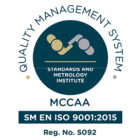How much does eye surgery treatment cost?
For current promotions and prices please call +356 2247 2630/1 or check out our price lists.
The surgery fee can be charged via your private healthcare insurance, however always check with your insurance to check if you are eligible for the benefit. For loans call the clinic.
Is eye surgery painful?
Local anaesthetic is used prior to the surgery, which ensures numbness during the surgery. During the intervention fluid is used, and sometimes the patient may feel its flow and experience a slight pressure.
A few days after surgery, up to the first week, minimal discomfort might be experienced, slight foreign body sensation may occur, but this does not significantly interfere with the continuation of the daily tasks.
Is it possible for my eyesight to deteriorate?
During the surgery we implant different types of lenses with specific power according to the needs of the patient. These lenses do not change after this, so we can say that these results are final. Eyesight, however might deteriorate if a new unrelated eye condition arises such as diabetes, glaucoma or any other possible eye disease.
What happens when I get older?
The implanted intraocular lenses (IOL) ensure stable vision in the long run. If the lens type is multifocal, the focusing ability is provided for three distances: near, intermediate, and far distances. This function does not depend on age, it is a final solution.
Mono-vision IOLs provide clear vision only to a pre-planned distance, in these cases the IOL does not adapt to varying distances. Therefore, patients implanted with these kind of IOLs may need reading glasses over the age of 45.
If the vision deteriorates, is it possible to repeat the surgery?
After the IOL implant, vision deterioration does not occur unless new diseases develop in the eye. In the preoperative preparation the accurate lens design is essential. It is important that the doctor and the patient together choose and agree on which kind of IOL is recommended.
What are the risks and what complications may occur after:
Cataract Surgery and Refractive Lens Exchange
Refractive lens exchange and cataract surgery are usually very successful, especially if there are no other pre-existing eye conditions. However, it is important to realize that there is always a risk of complications associated with any operation. Read more here.
Phakic lens implant
Implanting a phakic lens is a surgical procedure and, as such, it carries some possible risks. Be sure to discuss the risks associated with the implant with your doctor before choosing to have the surgery. Read more here.
Will both of my eyes be operated at the same time ?
In case of lens surgery we operate one eye at a time usually leaving a day or two in between.
Can I walk and exercise after surgery? When can I do sports ?
For a few days after surgery, caution is recommended, but after the recovery time discussed with your doctor you may continue to exercise and do sports.




